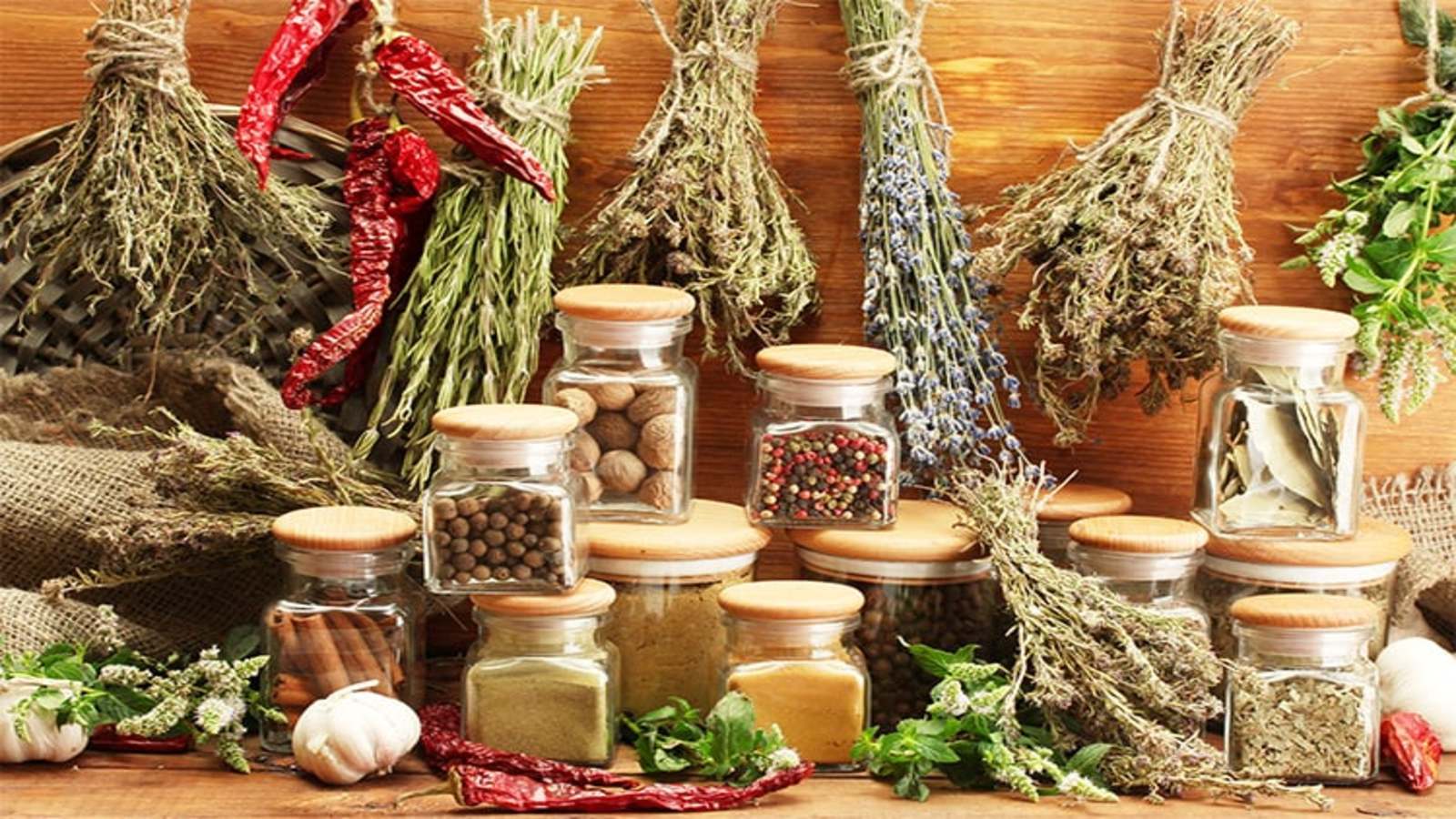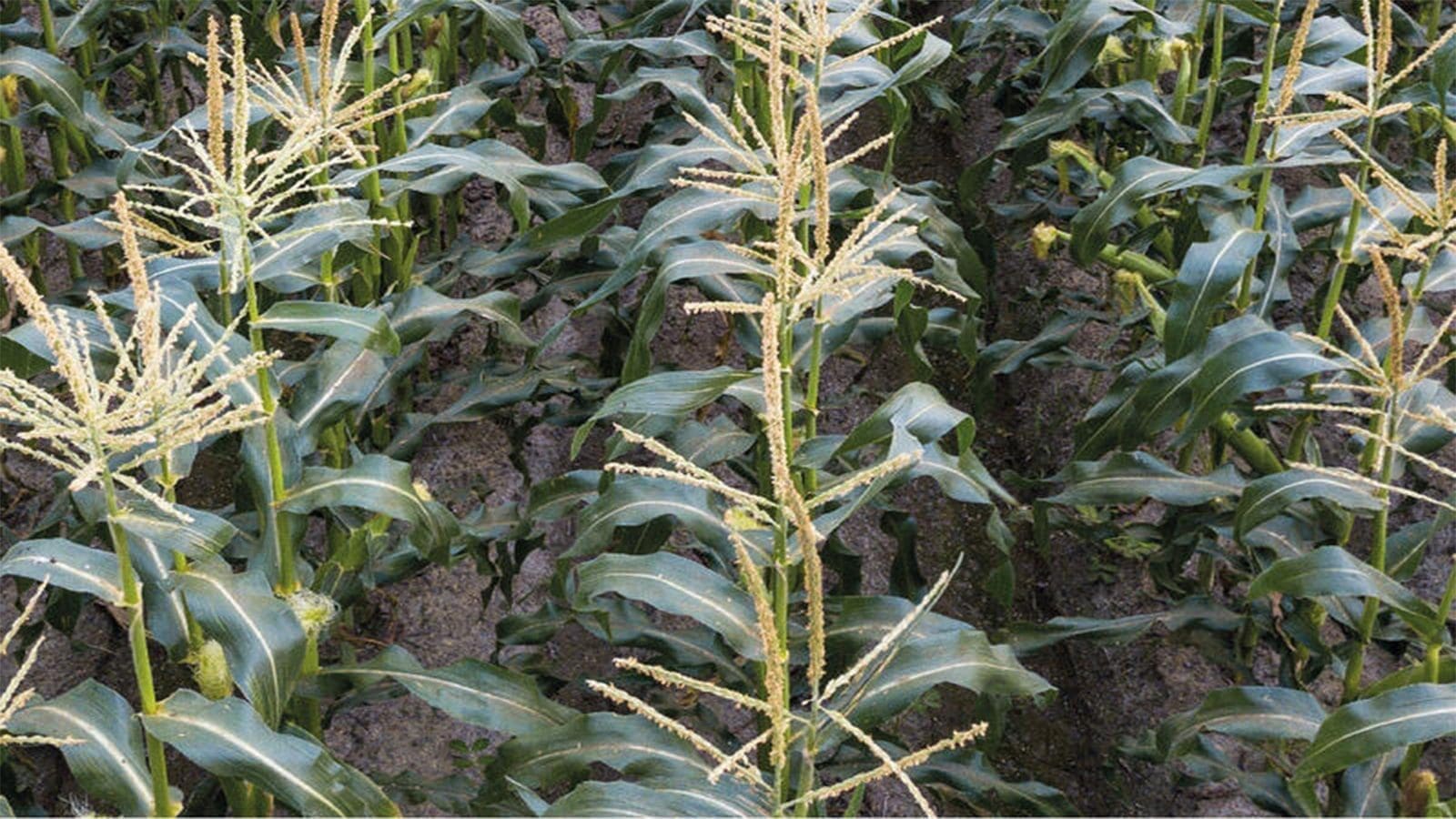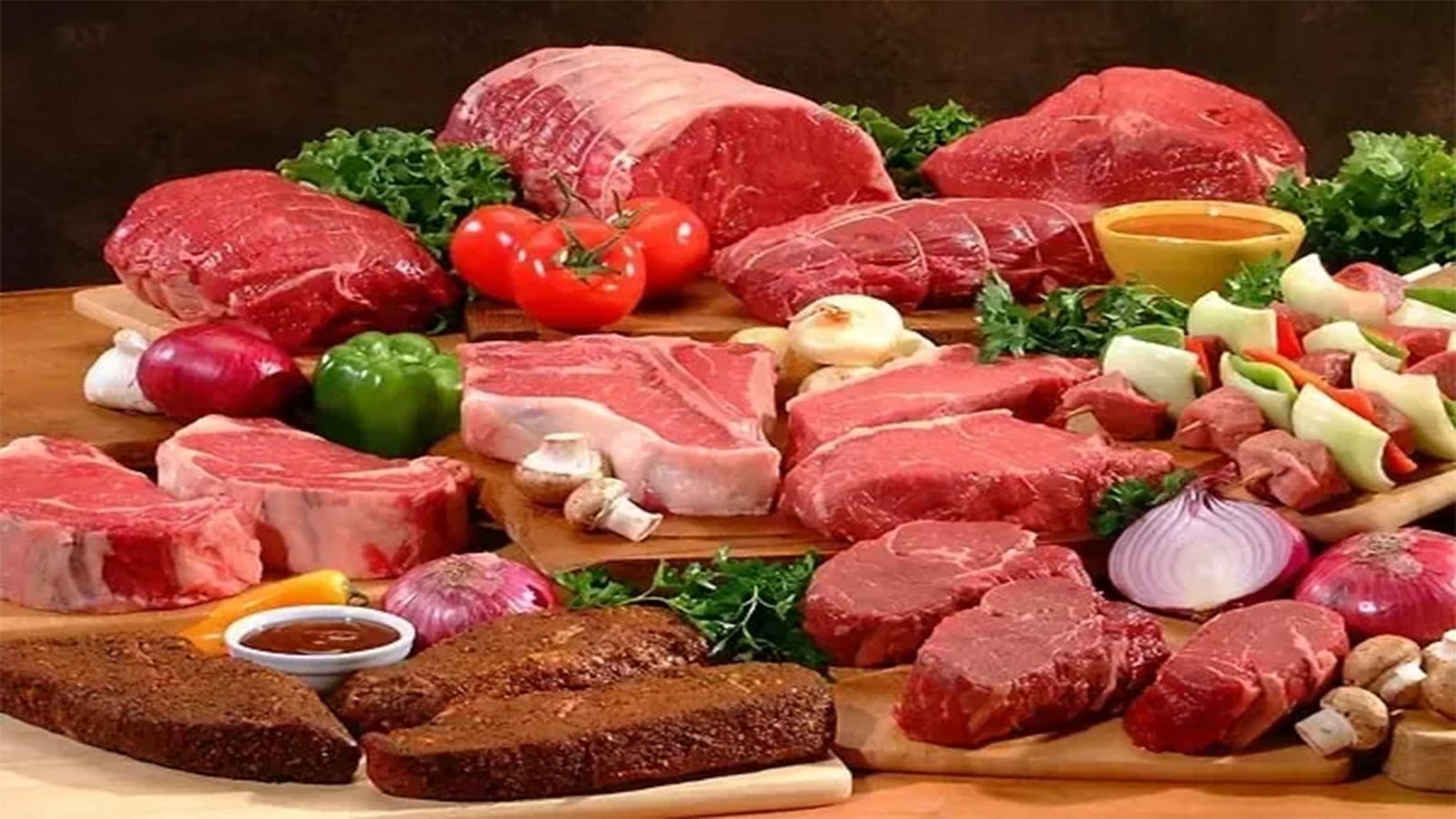EUROPE – The European Union’s (EU’s) Joint Research Centre (JRC) has during a study on the authenticity of culinary spices and herbs sold in the EU, revealed that 17% of all the products are adulterated.
The study was commissioned by the European Commission amid concerns over the scale of “food fraud” arising from adulterated herbs and spices being on sale within the EU and fears that the presence of unidentified bulking or colouring agents were going undetected.
In line with the study, oregano experienced the highest adulteration rate with half of all samples of the herb containing other ingredients, mostly olive leaves. It found that 48% of oregano samples were suspected of being adulterated as well as 17% of pepper samples, 14% of cumin, 11% of turmeric, 11% of saffron and 6% of paprika/chilli.
The JRC carried out almost 10,000 tests on 1,900 samples of mostly ground or crushed herbs and spices which were considered most at risk of fraudulent or non-compliant manipulations, including 63 samples from Ireland.
The Food Safety Authority of Ireland which participated in the research, said understanding and mapping the supply chains of a globally traded commodity that was high value by weight helped to identify vulnerabilities.
The FSAI’s Director of Audits and Investigation, Peter Whelan, said factors such as seasonality, harvesting time, climate, geographical events and cultural influences “create tension in the marketplace.”
“This causes a large fluctuation in prices and this is what creates food fraud profitability for fraudsters,” said Mr. Whelan.
He added that it was necessary to tackle food fraud in order to protect the health and interests of consumers.
“It is also important that while doing that we create a level playing field for compliant industry and that we ensure that fraudsters operating food chains don’t gain unfair competitive advantage,” he said.
The majority of suspicious samples contained non-declared plant material, while non-authorized dyes were detected in 2% of spice samples. The study found a high level of lead chromate, a compound that can cause damage to the kidney, brain and nervous system, in one sample of turmeric.
Complex supply chain motivates fraud
The Rainforest Alliance joins Nespresso, an operating unit of the Nestle group and Applied Insect Science (APIS), a research facility on biopesticide products, in sponsoring the CABI BioProtection Portal. This free web-based tool enables growers and agricultural advisors to discover information about registered biocontrol and biopesticide products available globally.
Their sponsorship will see them adding their expertise in helping frontline communities build thriving rural economies rooted in more sustainable growing practices and forest stewardship.
“CABI is delighted to be working in partnership with the Rainforest Alliance. Our shared expertise in promoting sustainable agricultural practices along the food value chain will further help to improve rural livelihoods for millions of smallholder farmers around the world,” said Dr Ulrich Kuhlmann, Executive Director, Global Operations at CABI.
He added that the organization’s joint endeavours will be carried out while being mindful of the need to protect the earth’s biodiversity and ecosystems amid the myriad of challenges posed by climate change.
One example of CABI’s work to help promote more environmentally friendly pest control is the tackling of crop-destroying locusts and grasshoppers in Africa. In Somalia, for instance, the Food and Agriculture Organization (FAO) organized the spraying of CABI-created biological control product Green Muscle over more than 100,000 hectares, hence no chemical pesticides were used.
The Rainforest Alliance, in turn has provided training workshops to more than 100,000 farmers in South Asia aimed at them adopting sustainable agricultural methods and improving farm management, with advice and guidance on manual and natural pest control techniques.
This not only serves to reduce the use of expensive and harsh agrochemicals but lead to healthier soils and better yields over the long term.
Liked this article? Subscribe to Food Safety Africa News, our regular email newsletters with the latest news insights from Africa and the World’s food safety, quality and compliance. SUBSCRIBE HERE








